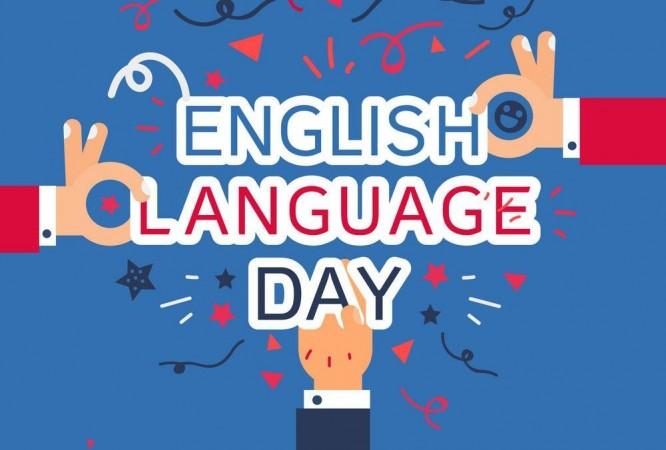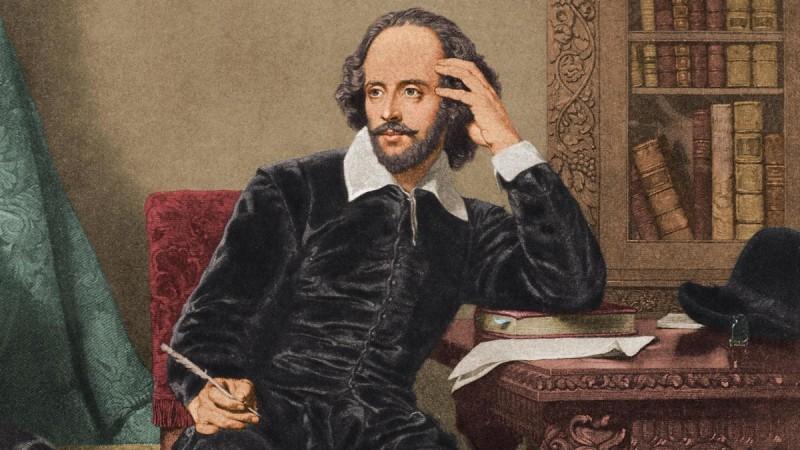Celebrated annually on April 23, English Language Day 2020 celebrates both the birthday and date of death of William Shakespeare, the "Bard of Avon".
The day underlines the significance of the English language that is spoken by nearly half the world population as well as the contributions by Shakespeare to English literature.

English, the lingua franca of international relations, is one among the two working languages of the UN, the other being French.
Organised by the Department of Global communications, the day has been observed since 2010 by establishing language days for each of the Organization's six official languages.
Through these language days, the UN intends to celebrate multilingualism and the cultural diversity which are the key significant facets of our world, rich with diverse communities, culture and language. It also helps in promoting an equal use of all six official languages (Arabic, Chinese, English, French, Russian and Spanish) throughout the Organization.
English: the 'world language'
The most spoken language after Mandarin Chinese, English is often referred to as a "world language", or the lingua franca of the modern era.
The English Language Day aims at informing the people on the history, culture and achievements associated with the language, along with the significant contributions by the Bard to the modern English literature.

The 'Bard of Avon'
William Shakespeare, also known as the Father of Modern English Literature was born in 1564 in Stratford-upon-Avon on 23 April which is also believed to be the date he died in 1616.
A prolific writer in the 'Golden age' of English literature during the Elizabethan and Jacobean ages of British theatre, Shakespeare has written nearly 38 plays, 2 narrative poems, 154 sonnets, and a variety of other poems.
On this day that marks the birth and death anniversary of the creator of Othello, Macbeth, King Lear and Hamlet, we bring the list of a few words the Bard had 'invented'. He had invented over 1700 of our common words by changing nouns into verbs, changing verbs into adjectives, connecting words never before used together, adding prefixes and suffixes, gifting a whole new list of words to the language.
Check out a few among them:
- Lonely in Coriolanus (1616). Meaning: sad because one has no friends or company.
- Unaware in Venus & Adonis (1593). Meaning: having no knowledge of a situation or fact.
- Lacklustre in As You Like It (1616). Meaning: lacking in vitality, force, or conviction
- Dwindle in Henry IV, Part 1 (1598). Meaning: diminish gradually in size, amount, or strength.
- Dauntless in Henry VI, Part 3 (1616). Meaning: showing fearlessness and determination.
- Bandit in Henry VI, Part 2 (1594). Meaning: a robber or outlaw belonging to a gang
- Critic in Love's Labour Lost (1598). Meaning: a person who expresses an unfavourable opinion of something.
- Elbow (as a verb) in King Lear (1608). Meaning: jostle, to shove aside by pushing
- Uncomfortable in Romeo & Juliet (1599). Meaning: causing or feeling slight pain or physical discomfort.
- Swagger in Midsummer Night's Dream (1600). Meaning: walk or behave in a very confident and arrogant or self-important way.

















